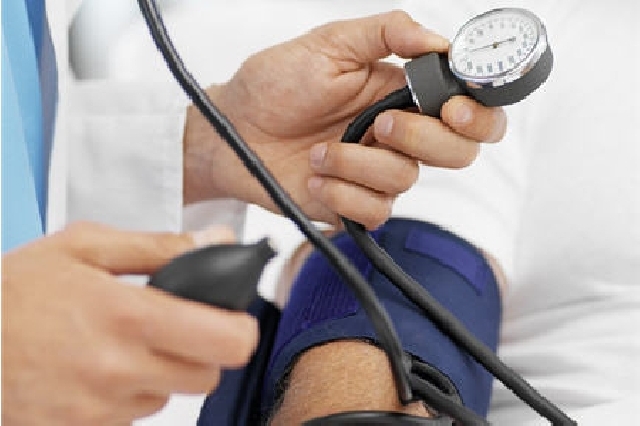Healthcare in Romania
Viewed by many experts as a terminally ill patient, the Romanian healthcare system is a constant source of frustration and disappointment. Patients criticise the poor state of hospitals, the shortage of medicine, and the fact that medical services are conditional on bribes, which are often higher than the amounts paid as contributions to the public health insurance fund. In turn, doctors complain about the underfunding of the system, reflected in the lack of modern equipment, in inadequate staffing levels and the small salaries.

Bogdan Matei, 26.05.2015, 13:36
Viewed by many experts as a terminally ill patient, the Romanian healthcare system is a constant source of frustration and disappointment. Patients criticise the poor state of hospitals, the shortage of medicine, and the fact that medical services are conditional on bribes, which are often higher than the amounts paid as contributions to the public health insurance fund. In turn, doctors complain about the underfunding of the system, reflected in the lack of modern equipment, in inadequate staffing levels and the small salaries.
A firm advocate of his profession, the former president of the Romanian College of Physicians, Vasile Astarastoaie, who in the meantime was sentenced in a corruption investigation, said the minimum income of a doctor in Romania is around 400 euros, whereas in Denmark, for instance, it is over 8,000. He argued that it is precisely because of the low salaries that more than 20,000 doctors have left the country in the past few years. Himself a physician, the current Health Minister Nicolae Banicioiu, a Social Democrat, has proposed a set of measures to ensure the required number of specialists in hospital wards, in spite of the migration of medical personnel. On Monday, he asked for Parliaments support for a bill drawn up by the Government in this respect. Nicolae Baniciou:
“We are talking about an increase in physicians income. Indeed, it is a rethinking of the system, by means of certain facilities, which basically ensure supplemental remuneration for the work provided in public hospitals and for private patients.
According to the Minister, 100% bonuses will be paid for weekend shifts and working on legal holidays. To ensure round-the-clock healthcare services, he also suggests the system should also include third-year resident doctors, under the supervision of a specialist doctor. The Liberals, in Opposition, do not believe this project is practical. Here is the Liberal Deputy Horia Cristian:
“I believe this is unacceptable, because the training system is deficient, to use a euphemism. In short, I believe this is a complex problem and it requires vision, it requires large-scale discussion which should include complex measures.
The public largely shares the scepticism of the Opposition, particularly after the chaos generated early this month by the introduction of the compulsory health cards. Any visit to the family physician, hospital or pharmacy can only be refunded based on this card. People who are not covered by public insurance benefit from a minimal package of services, and emergency services do not require the use of health cards. But when the law came into force, hundreds of thousands of insured patients had not received their cards, and the IT system crashed in the first days of operation.






























